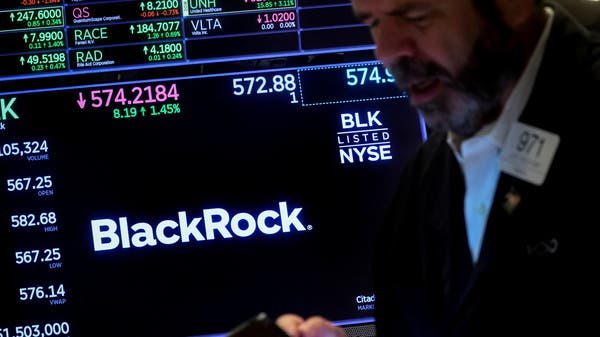The global economy has emerged from an era of stable growth and inflation for four decades into a period of growing instability, while the new system that undermines predictability is here to stay, sees the world’s largest asset manager world.
Recession is closing in around the world as central banks aggressively raise borrowing costs to tame inflation, BlackRock said, noting that more market turmoil will flare up this time around than ever before.
That means policymakers won’t be able to prop up markets, as they have during previous recessions, wrote a team of BlackRock strategists led by Vice Chairman Philip Hildebrand in a report titled Global Outlook 2023.
They said: “Recession is expected as central banks race to try and tame inflation. Unlike previous recessions, central bankers will not come to the rescue when growth slows under this new system, contrary to what investors expect.” “.
“Stock valuations don’t reflect the damage to come,” they added.
The prospect of limited policy support means investors need a more dynamic approach, one that includes more frequent portfolio switches and that takes “a more detailed view of sectors, regions and asset sub-classes to address future volatility”. according to BlackRock.
greater fluctuations
What worked in the past won’t work now, strategists said, and the old guideline of buying the lows doesn’t apply to this system of sharper tradeoffs and macroeconomic swings.
They continued, “We don’t see a return to conditions that will maintain a common bull market in stocks and bonds, as we saw in the previous decade.”
put on guard Wall Street Banks From Morgan Stanley and Bank of America to Deutsche Bank, US stocks could fall more than 20% in 2023, due to the economic downturn and liquidity risks fueled by the Federal Reserve’s interest rate hike.
David Solomon, chief executive officer of Goldman Sachs, thinks there is only a 35% chance that the US economy will avoid a recession.
signs of recession
A slowdown in the housing market, delays in corporate investment plans, declining consumer savings and deteriorating CEO confidence are early signs of the next recession, according to BlackRock.
However, experts said the stock market hasn’t yet factored in the potential scale of the impending economic downturn, Business Insider reported.
They added, “We don’t think equities are fully pricing in the recession… Corporate earnings expectations have not yet fully reflected a modest recession.”
The S&P 500 index of large US stocks is up more than 12% from its lowest level in 23 months reached in October, driven mainly by expectations that the Federal Reserve will slow the pace of interest rate hikes after the recent decline in the ‘inflation.


